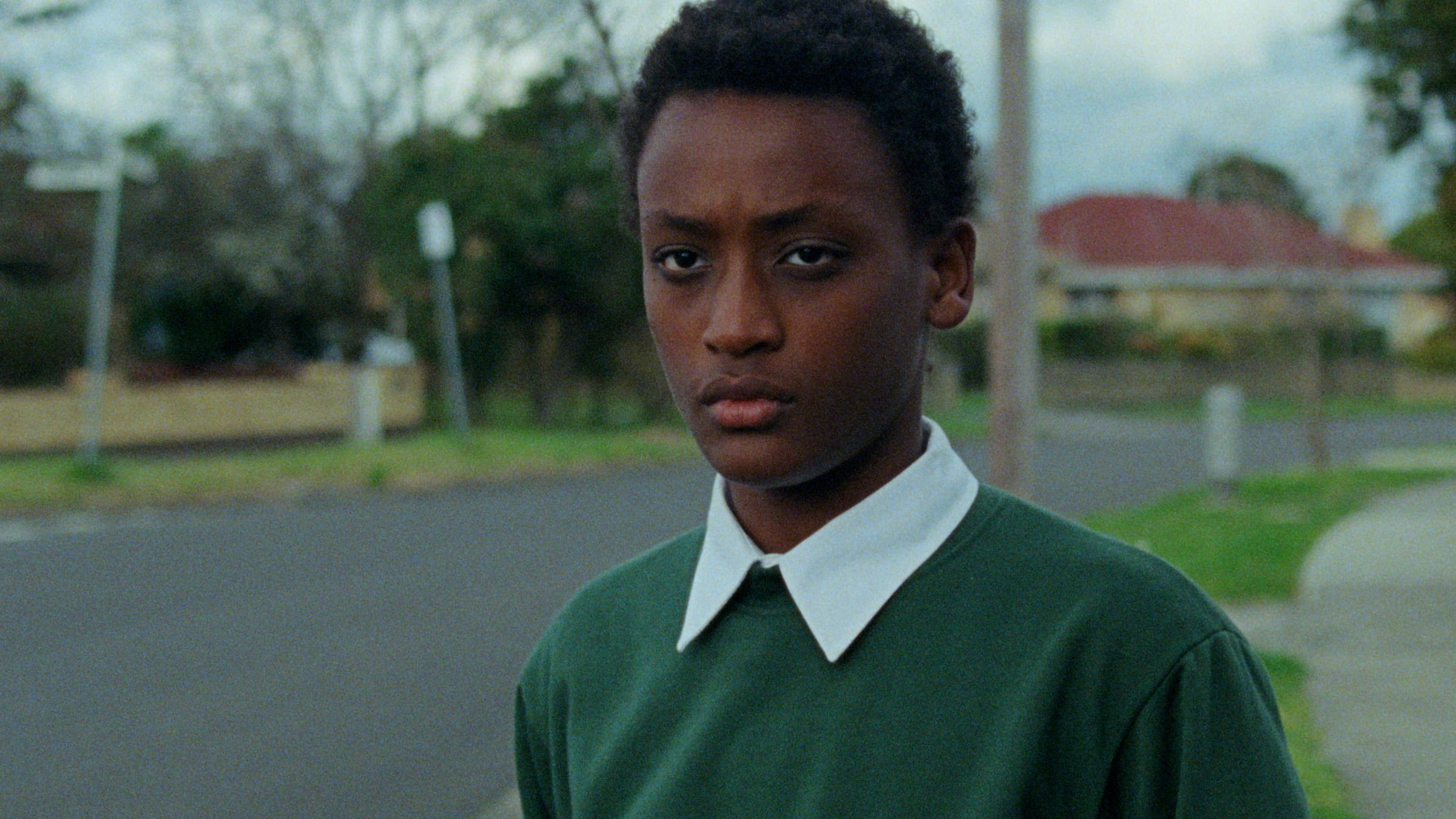RELATED ARTICLE
How Jérémy Comte’s Oscar-Nominated Fauve Conjures the Nightmare of Boyhood
Seeing Double with Australian Filmmaker Lucy Knox
The Criterion Collection

Father-child relationships come into focus in
this week’s Short and Feature pairing on the Criterion Channel, which examines
the trauma of coming of age with an emotionally unstable parent. Presented with
Víctor Erice’s El Sur, Charles
Williams’s All These Creaturesfollows the story of a young boy
named Tempest, who watches his once charming and charismatic father, Mal,
unravel before his eyes. The film, which won the short film Palme d’Or
at Cannes in 2018, builds an immersive visual and sonic world around its
characters, evoking the confusion, frustration, and despair Tempest feels as he
realizes his father’s mental health has deteriorated. Alongside moments of
brutally realistic family drama, the director adds a poetic layer to the film
in the form of an insect infestation that becomes intertwined in Tempest’s mind
with his father’s condition. In anticipation of the film’s debut on the
Channel, I spoke with Williams about his creative process and the challenges of
writing about mental illness.
What made you want to tell the story of a child grappling with a parent unraveling?
What Tempest goes through—picking apart his memories of parental volatility and impending violence—is something very familiar to me. You wonder, if that’s what came before you, what are you going to turn into and how much control do you have over that?
I’d been trying to articulate something along these lines for a long time. These themes are lingering obsessions of mine, and they’ve never really left me.
I think the film also touches on something everyone goes through—reckoning with these mythic images we have of our parents as we get older. It’s a process of growing to see them with more understanding, and if they’re violent or destructive, that process is even more complicated and essential.
My own daughter was born while I was writing the film, which added both a different perspective and a sense of pressure to making it.
Did you always envision the film having a voice-over from the child’s point of view?
Yes, that was in there from the beginning. I felt the film needed to be conveyed from inside the boy’s head. It was daunting, though, because I’m aware of how difficult voice-over can be. It was about getting the tone right—the sense of someone trying to reconstruct something through naive eyes, in a way that was curious and almost detached.
There were different references that came to mind for this, and probably the best was from the great documentary Streetwise. At the start of that film there’s a kid talking about how he likes to jump off bridges to get away from the world, and it’s perfect—there’s just this rawness that has a kind of poetry while still being grounded. The other great reference, of course, was the early Malick films, especially in terms of how they give us an innocent perspective on a dark world.
Tell me about casting the film. Was this always a story about an Ethiopian-Australian family, or did that evolve from your casting process?
The script wasn’t specifically written for an Ethiopian-Australian family; that just evolved from casting with an open mind. Because the role of Tempest [played by Yared Scott] required qualities so innate—this mix of innocence and maturity and an ability to let the audience in while being essentially passive—it seemed unnecessarily restrictive to cut off my options based on race. I also felt I could rewrite the story around the right soul.
Luckily I had a great casting director who was supportive and even encouraged me to forget about gender too. So we just looked for someone who was in the age range and had the right qualities. Our shortlist was very diverse: we had a girl of Zimbabwean heritage, a boy from Scotland, and of course Yared, who was born in Ethiopia.
Like most of the cast, Yared didn’t have any on-camera acting experience at the time. Mandela Matthia, who plays his father, did. He was studying in drama school. It is a very different kind of role from Yared’s, and it needed to be played by someone with his emotional range.
After I cast them I brought on four local Ethiopian-Australian advisors to help make sure the film was accurate and sensitive to their culture. In the end the script didn’t change dramatically, but their generosity and support really helped me reinterpret the details and flesh out the world.